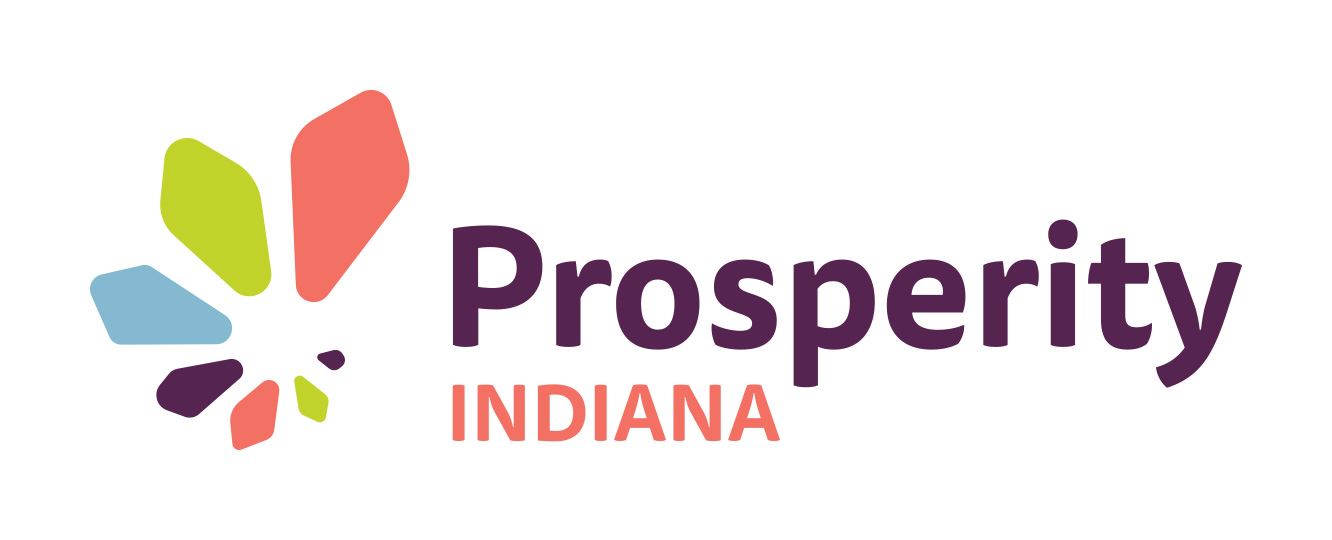
FOR IMMEDIATE RELEASE:
March 25, 2020
Contact: Jessica Love, Executive Director
executivedirector@prosperityindiana.org, 317-222-1221 x402
Andrew Bradley, Policy Director
abradley@prosperityindiana.org, 317-222-1221 x403
Housing Advocates Thank Governor Holcomb for Protecting Hoosier Renters with Veto of SEA 148
INDIANAPOLIS – Prosperity Indiana thanks Governor Holcomb for listening to our call to ensure housing stability remains a long-term priority in the Hoosier state with his veto of SEA 148. During this time, when the state’s economic and housing future faces uncertainty in the length and severity of the COVID-19 pandemic, Hoosier renters will not have to additionally worry about the “dangerous, unvetted language” in this legislation or the prospect of new forms of eviction and retaliation that the act could have brought.
Prosperity Indiana Executive Director Jessica Love said, “We applaud Governor Holcomb for his leadership in stopping this sweeping legislation, during what became an unusually difficult season for our state. We anticipate and look forward to working with impacted parties – those in support of and opposing SEA 148 – next session. By then, we should have a better grasp on what housing stability looks like for the foreseeable future for Hoosiers in the aftermath of COVID-19. After we survive this pandemic, I think we’ll all have a greater appreciation for safe and stable housing.”
Before its veto, SEA 148 would have expanded the remedy for emergency possession to include cases where the tenant is not at fault and limited tenants’ protections from retaliation by landlords, among other measures. And while the Governor’s executive order temporarily pauses evictions and foreclosures during the state of emergency, once lifted, SEA 148 would have exposed the more than two million Hoosiers who rent – over 30 percent of the state’s population – to weakened protections from bad-actor landlords. In addition, it would have nullified positive protections from cities and local governments.
By vetoing SEA 148, Governor Holcomb prevents this bill from undermining his administration’s efforts to date to address the social determinants of health, which specifically includes stable housing. The bill also would have undercut the results of existing state efforts to increase access to recovery housing and workforce housing, as well as IHCDA programs, including the Housing First model and Permanent Supportive Housing Institute and the Landlord Mitigation Reserve Program and Reserve Fund.
Now freed from the exacerbated threat of SEA 148, Indiana can commit state resources and work with statewide partners to help estimate the number of Hoosiers who will be have their housing impacted by the COVID-19 crisis, measure the shortfall of resources and services they face, and begin to work with community-based organizations and service providers on mitigation efforts.
Love said, “In addition to showing our appreciation to the Governor, we thank the hundreds of Prosperity Indiana members and other statewide organizations and individuals who called and wrote to voice their opposition to this legislation. While their voices were shut out of the democratic process for this bill, their advocacy and calls upon the Governor helped him grasp just how many Hoosiers were counting on his leadership on this issue at this critical moment. Prosperity Indiana and our members stand ready to assist the state in addressing the needs of the more than two million Hoosier renters, as this public health crisis continues to unfold.”
###
About Indiana Association for Community Economic Development D/B/A Prosperity Indiana
Prosperity Indiana is a statewide membership organization for the individuals and organizations strengthening Hoosier communities. Prosperity Indiana builds a better future for our communities by providing advocacy, leveraging resources, and engaging an empowered network of members to create inclusive opportunities that build assets and improve lives. Since its founding in 1986, Prosperity Indiana has grown to approximately 200 members from the public, private, and nonprofit sectors.